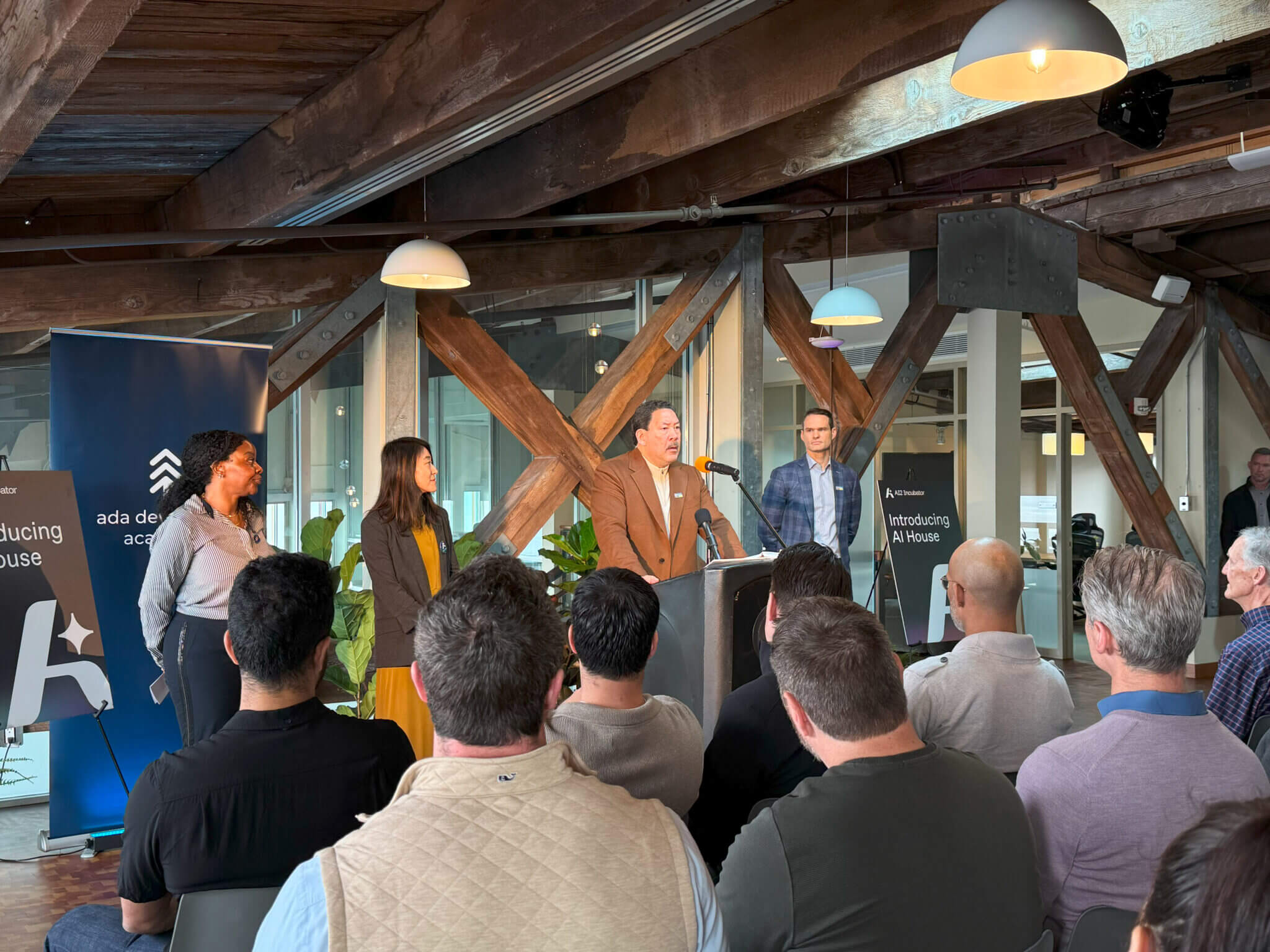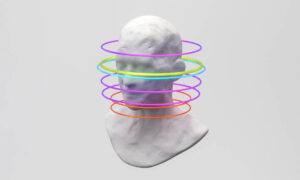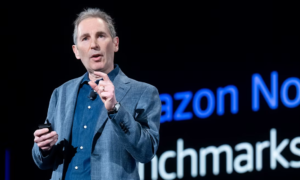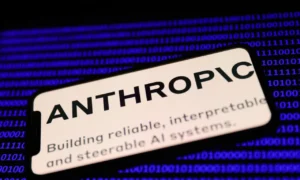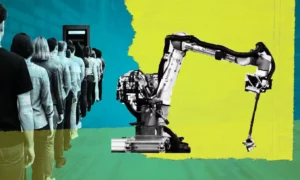Seattle is turning to artificial intelligence to untangle its broken permitting system. The mayor’s latest move targets long-standing housing delays and startup red tape with a tech-first solution.
Could a smarter permitting process finally make urban development less of a slog?
Inside the Rollout: What Seattle Is Doing Differently
On Monday, Mayor Bruce Harrell signed an executive order forming the new Permitting and Customer Trust (PACT) Team.
The aim is to modernize how Seattle handles housing and small business permits — using AI to cut review times and offer clearer, faster guidance.
PACT comes with a built-in AI pilot that quietly launched back in April. The public debut is planned for 2026, but city officials are already partnering with CivCheck, a Boston- and Chicago-based startup.
Founded just last year, CivCheck is currently working with about 10 city governments in the U.S. Its tools pre-screen building plans to catch missing documents, code errors, or vague details — before humans step in.
Applicants upload plans into CivCheck’s platform, where AI flags issues for correction. The goal? Submit once, get approved fast.
Dheekshita Kumar, CivCheck’s CEO, says the tool helps applicants hand over “permit-ready” applications on their first try.
This could be a game-changer for Seattle’s overloaded system. The city’s Department of Construction & Inspections approves over 53,000 permits and performs 240,000 inspections annually.
Yet delays have soared. “We’ve seen the days to issue a permit pretty much triple,” said Leah Tivoli, who heads Innovation and Performance.
A 2023 city audit confirmed what applicants already know: the process is confusing, slow, and lacks clear contact points for help.
The Bigger Picture: A Bureaucratic Bottleneck, Unclogged?
Seattle’s move isn’t just about modernizing forms — it’s a bet that AI can restore trust in city services and spark economic growth.
Permitting delays don’t just annoy developers, they stall housing projects, drive up costs, and discourage small storefront improvements.
By reducing back-and-forth, the city could save applicants time and thousands in soft costs. It’s the difference between a 90-day waiting game and a same-month green light.
Other cities are watching too. Honolulu used CivCheck to slash permit review time from over an hour to under 15 minutes.
Austin and LA now use Archistar’s AI to instantly check plans against zoning rules. It’s a broader trend: cities moving from paper pushers to tech-savvy partners.
Still, Seattle’s officials insist AI won’t replace human decision-making. The goal is to automate the easy stuff and focus staff on the tricky calls.
It’s a hybrid model that, if it works, could offer a template for cities nationwide.
Expert Insight: What Officials Are Saying
“The way that it works is the applicant has the ability to go into CivCheck, upload their plans, and then essentially work with the AI to improve the quality of their permit documents.”
— Dheekshita Kumar, CEO & co-founder, CivCheck
“The idea is that the applicant is able to essentially hand the city a permit-ready application in the very first submission.”
— Dheekshita Kumar, CivCheck
“Over the last decade, we have seen the days to issue a permit pretty much triple. Clarity of requirements, code and regulation complexity, and navigating the city services and processes were really the top three issues.”
— Leah Tivoli, Director of Innovation and Performance, City of Seattle
“Permitting should be a pathway — not a barrier — to building homes, starting businesses, and investing in our city’s future.”
— Mayor Bruce Harrell, City of Seattle
GazeOn’s Take: Where It Could Go from Here
Seattle’s phased approach signals maturity: they’re not rushing to automate, but they are demanding efficiency.
If CivCheck delivers on cutting review times by half, we could see more mid-size cities adopt similar models within the next two years.
The next test will be in execution. Smart city tech often overpromises — but this time, Seattle seems to be building from a place of painful urgency.
Reader CTA
Could your city cut red tape with tools like CivCheck? Or would AI make the process even murkier? Tell us what you think.
About Author:
Eli Grid is a technology journalist covering the intersection of artificial intelligence, policy, and innovation. With a background in computational linguistics and over a decade of experience reporting on AI research and global tech strategy, Eli is known for his investigative features and clear, data-informed analysis. His reporting bridges the gap between technical breakthroughs and their real-world implications bringing readers timely, insightful stories from the front lines of the AI revolution. Eli’s work has been featured in leading tech outlets and cited by academic and policy institutions worldwide.

